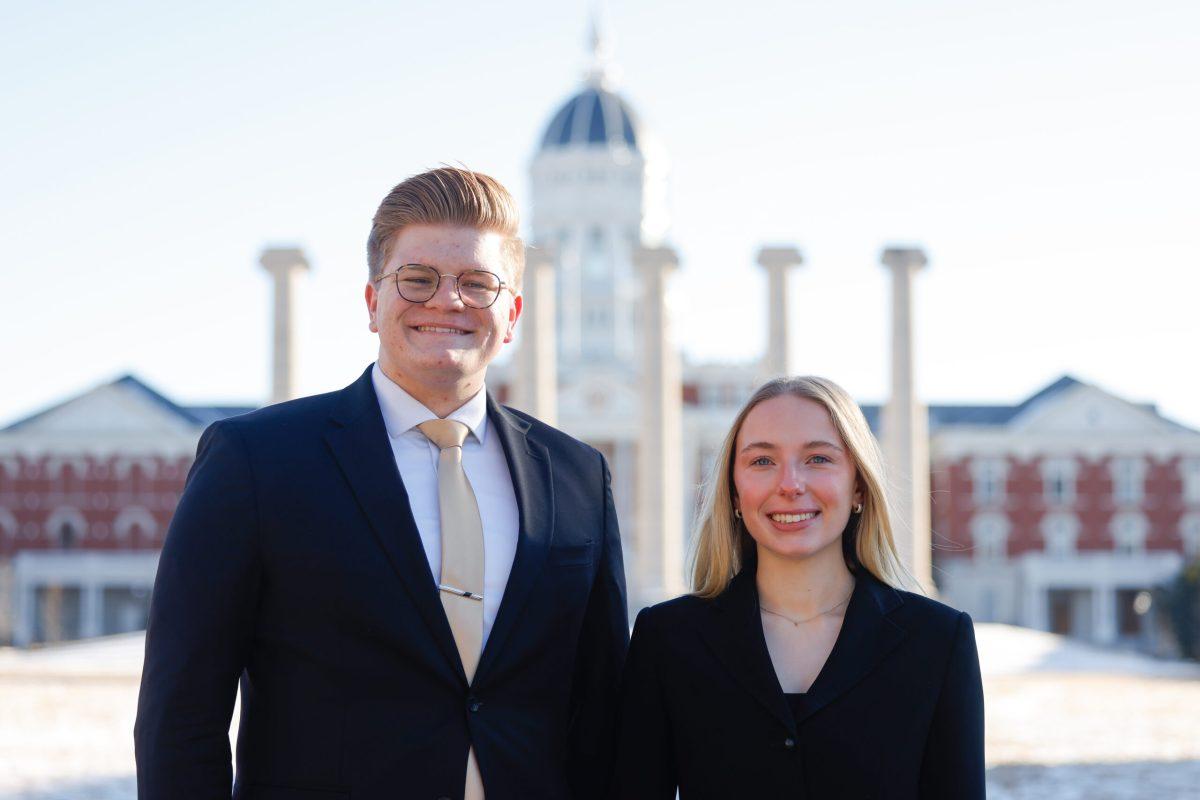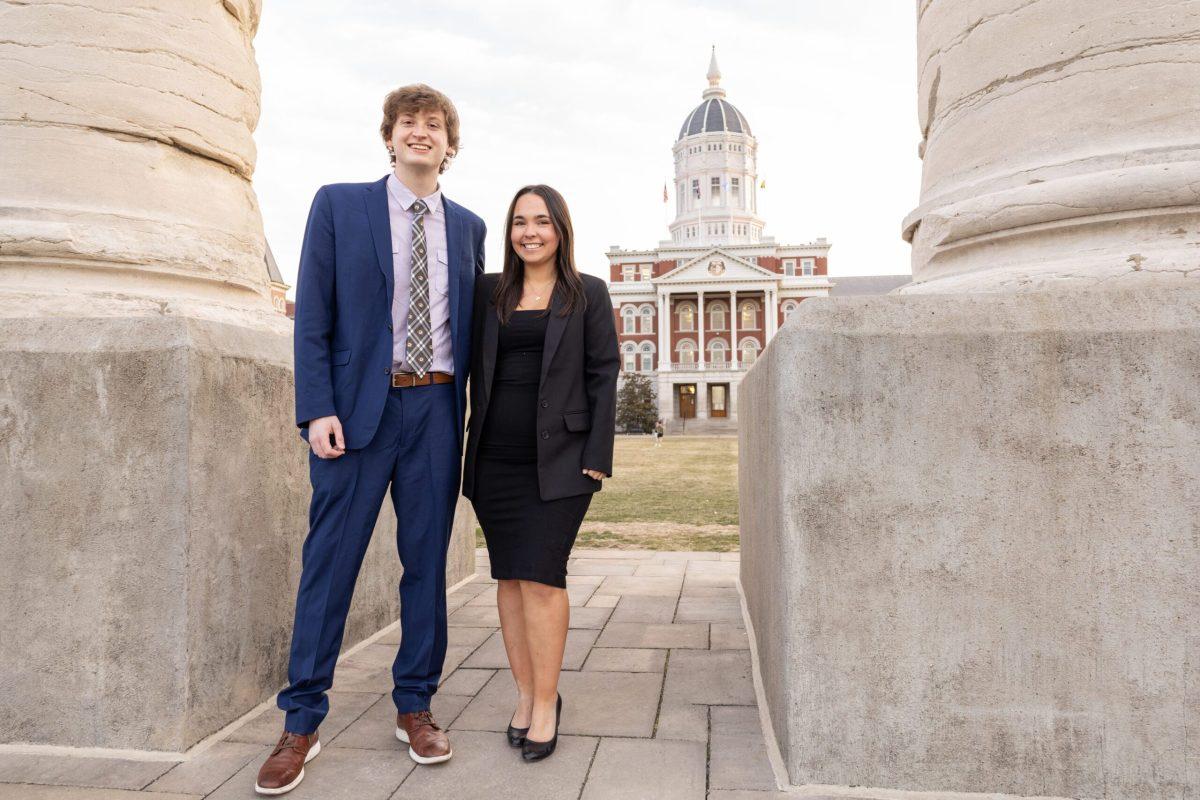While Missouri passed Amendment 2, which legalized marijuana for medicinal purposes, qualifying conditions limit who can obtain marijuana. According to the Missouri Secretary of State office, these current qualifying conditions are:
Cancer, epilepsy, glaucoma, intractable migraines unresponsive to other treatments, a chronic medical condition that causes severe pain or persistent muscle spasms (e.g., Tourette syndrome, Parkinson’s disease), psychiatric disorders (e.g., PTSD), HIV virus or acquired immune deficiency syndrome, medical conditions treated with medication that could lead to physical or psychological dependence, any terminal illness or debilitating medical condition.
Essentially, the amendment doesn’t allow Missourians to legally obtain marijuana for recreational reasons. It doesn’t explicitly state mental health problems as a qualifying condition, but some cases could count under the “debilitating medical condition” clause.
The amendment also doesn’t grant any legal immunity to qualifying patients under the influence of marijuana, nor does it allow patients to smoke in public areas, which includes MU’s campus, unless they have special permission granted by the law.
As for students living on campus at MU, so far the school administration hasn’t released an official statement regarding qualifying students possessing marijuana in their dorms. However, the MU Residential Life Policies and Procedures prohibit the possession, manufacture, or consumption of any “controlled substance.” It can be assumed that there will be multiple marijuana dispensaries located in Columbia once Missouri implements the amendment, since it calls for at least 24 dispensaries in each U.S. Congressional District in Missouri.
The amendment doesn’t have any major restrictions in the administration of marijuana to a patient, whether that be through edibles, smoking or other typical methods.
##Distribution##
The Missouri government requires there be one cultivation facility for every 100,000 citizens, which will allow for at least 61 locations. There is a 4-ounce limit on any amount of marijuana product purchased, but qualifying patients can grow up to six flowering marijuana plants for private use if they apply for a special license.
In addition to the local sales tax, every transaction will have a 4 percent sales tax that funds an initiative officially called Missouri Veterans’ Health and Care Fund. The fund will serve to support veterans in regard to services like operations, drug rehabilitations and mental health services.
##Implementation##
The amendment will become effective on Dec. 6 this year. 180 days after that, people may apply for their qualifying patient licenses and within 210 days after Dec. 6, the government will begin accepting or denying those applications.
Each patient applying for an identification card for marijuana must list a primary caregiver, who the state defines as “an individual twenty-one years of age or older who has significant responsibility for managing the well-being of a Qualifying Patient.”
Applications for cultivation, testing, dispensary and manufacturing facilities will also begin 180 days after Dec. 6.
The state requires that all licenses be renewed annually. They will charge $25 per license and may increase or decrease that price depending on the Consumer Price Index for medical marijuana.
_Edited by Caitlyn Rosen | [email protected]_













